Related Topics
Net Running the Nut Runners with Joe Grand
Bosch wrench hack sparks talk on insecure IoT devices. We discuss safety risks and broader implications.
A Joe Grand MFG Adventure: What You are Designed to Do
The KINGPIN returns after two years to discuss off-shore versus on-shore manufacturing, Tariffs and Chinese Customs, and Defcon Badge designs.
Like a Satellite Out of Hell
Parker and Stephen gear up for DefCon 27 and discuss how custom transformers can change design philosophy.
Other Resources
Circuit Break Podcast
Webinars
Videos
Tour MacroFab's ITAR-Compliant Facility
June 23, 2017, Episode #73
- Joe Grand
- Also known as Kingpin
- Computer engineer, hardware hacker, product designer, teacher, advisor, runner, daddy, honorary doctor, TV host, member of legendary hacker group L0pht Heavy Industries
- Proprietor of Grand Idea Studio.
- Our first guest to have a Wikipedia page
- Has been creating, exploring, and manipulating electronic systems since the 1980s.
- Parker and Joe met each other at the unofficial propeller expo in Sacramento. This what right around the time MacroFab was starting in 2013.
- Joe “flew” Ken’s brand new quadcopter
- IRC channel #tymkrs on afternet
- Joe first discovered the hacker world at 7 years old in 1982.
- First online name was “black ninja” then went to fbi agent, astro zombie, autovon, the youth, before settling on Kingpin.
- Joe’s first hardware hack he remembers was the Ring Busy Device – you can still use the phone, but if someone called, it would give a busy signal. Built with circuit board from Radio Shack kit. Came with switch so he could turn it on and off.
- DEF CON badges – what’s the history?
- Joe is friends with the Jeff Moss aka Dark Tangent for a long time through bulletin board systems
- Joe had been giving talks for DEF CON for a long time and was approached by Jeff to make an electronics badge
- Before e-badges they had Laser cut , acrylic badge, liquid filled badge
- First electronic badge ran on a PIC10f202
- Badge hacking contest – 20 people hacked the first time
- DEF CON 14-18 were years that Joe tried to challenge and one up himself
- DEF CON 14 Badge
- DEF CON 15 Badge
- DEF CON 16 Badge
- DEF CON 17 Badge
- DEF CON 18 Badge
- Joe is friends with the Jeff Moss aka Dark Tangent for a long time through bulletin board systems
- Tooth tunes hack
- The MacroFab Meetup in Houston is next week!
About the Hosts

Parker Dillmann
Parker is an Electrical Engineer with backgrounds in Embedded System Design and Digital Signal Processing. He got his start in 2005 by hacking Nintendo consoles into portable gaming units. The following year he designed and produced an Atari 2600 video mod to allow the Atari to display a crisp, RF fuzz free picture on newer TVs. Over a thousand Atari video mods where produced by Parker from 2006 to 2011 and the mod is still made by other enthusiasts in the Atari community.
In 2006, Parker enrolled at The University of Texas at Austin as a Petroleum Engineer. After realizing electronics was his passion he switched majors in 2007 to Electrical and Computer Engineering. Following his previous background in making the Atari 2600 video mod, Parker decided to take more board layout classes and circuit design classes. Other areas of study include robotics, microcontroller theory and design, FPGA development with VHDL and Verilog, and image and signal processing with DSPs. In 2010, Parker won a Ti sponsored Launchpad programming and design contest that was held by the IEEE CS chapter at the University. Parker graduated with a BS in Electrical and Computer Engineering in the Spring of 2012.
In the Summer of 2012, Parker was hired on as an Electrical Engineer at Dynamic Perception to design and prototype new electronic products. Here, Parker learned about full product development cycles and honed his board layout skills. Seeing the difficulties in managing operations and FCC/CE compliance testing, Parker thought there had to be a better way for small electronic companies to get their product out in customer's hands.
Parker also runs the blog, longhornengineer.com, where he posts his personal projects, technical guides, and appnotes about board layout design and components.

Stephen Kraig
Stephen Kraig is a component engineer working in the aerospace industry. He has applied his electrical engineering knowledge in a variety of contexts previously, including oil and gas, contract manufacturing, audio electronic repair, and synthesizer design. A graduate of Texas A&M, Stephen has lived his adult life in the Houston, TX, and Denver, CO, areas.
Stephen has never said no to a project. From building guitar amps (starting when he was 17) to designing and building his own CNC table to fine-tuning the mineral composition of the water he uses to brew beer, he thrives on testing, experimentation, and problem-solving. Tune into the podcast to learn more about the wacky stuff Stephen gets up to.
Special-thanks-to-whixr-over-at-Tymkrs-for-the-intro-and-outro!
Related Podcasts
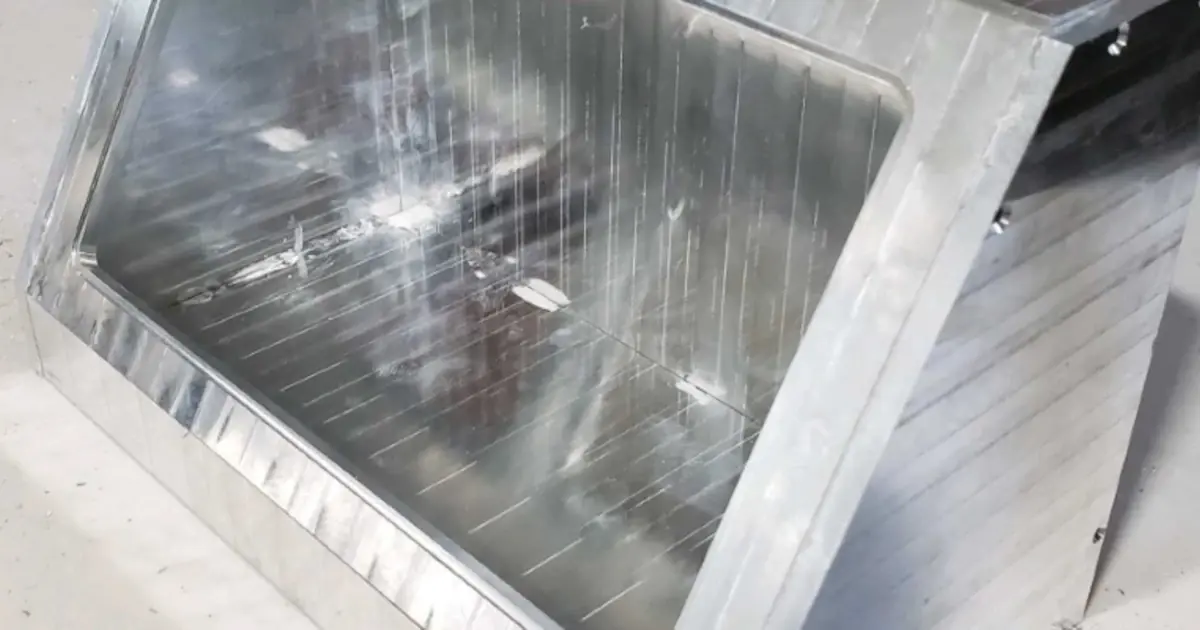
Like a Satellite Out of Hell
Parker and Stephen gear up for DefCon 27 and discuss how custom transformers can change design philosophy.
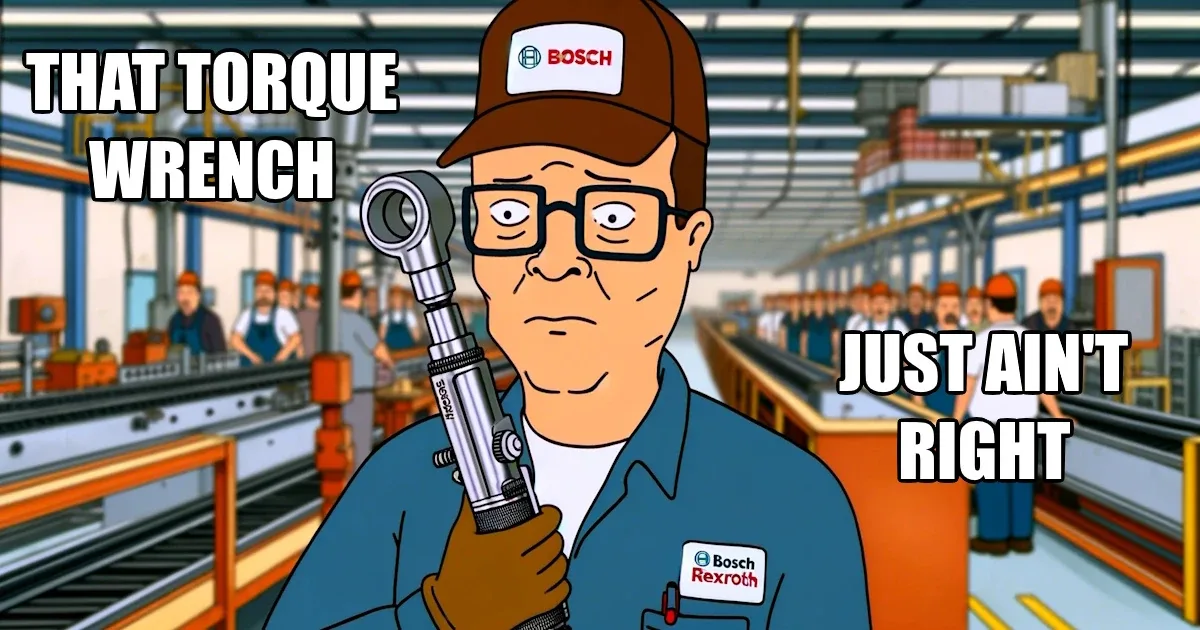
Net Running the Nut Runners with Joe Grand
Bosch wrench hack sparks talk on insecure IoT devices. We discuss safety risks and broader implications.
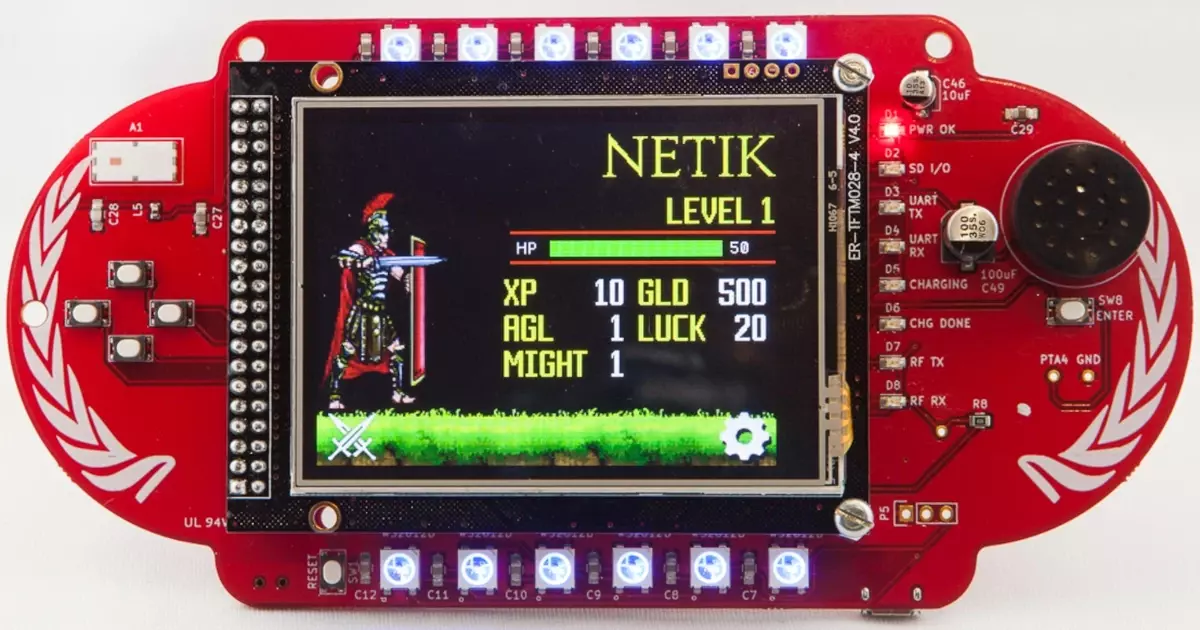
The One Man Entertainment Machine
John Adams joins Parker and Stephen to discuss IoT Security, Crappy IoT Devices, and WS2812B LEDs.
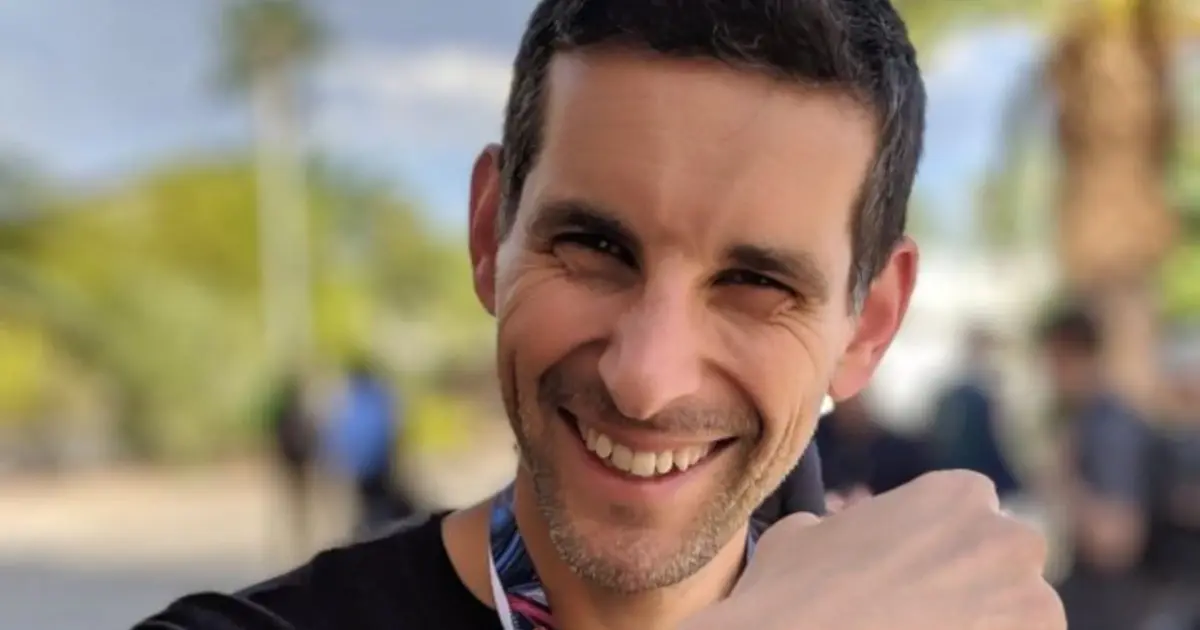
A Joe Grand MFG Adventure: What You are Designed to Do
The KINGPIN returns after two years to discuss off-shore versus on-shore manufacturing, Tariffs and Chinese Customs, and Defcon Badge designs.
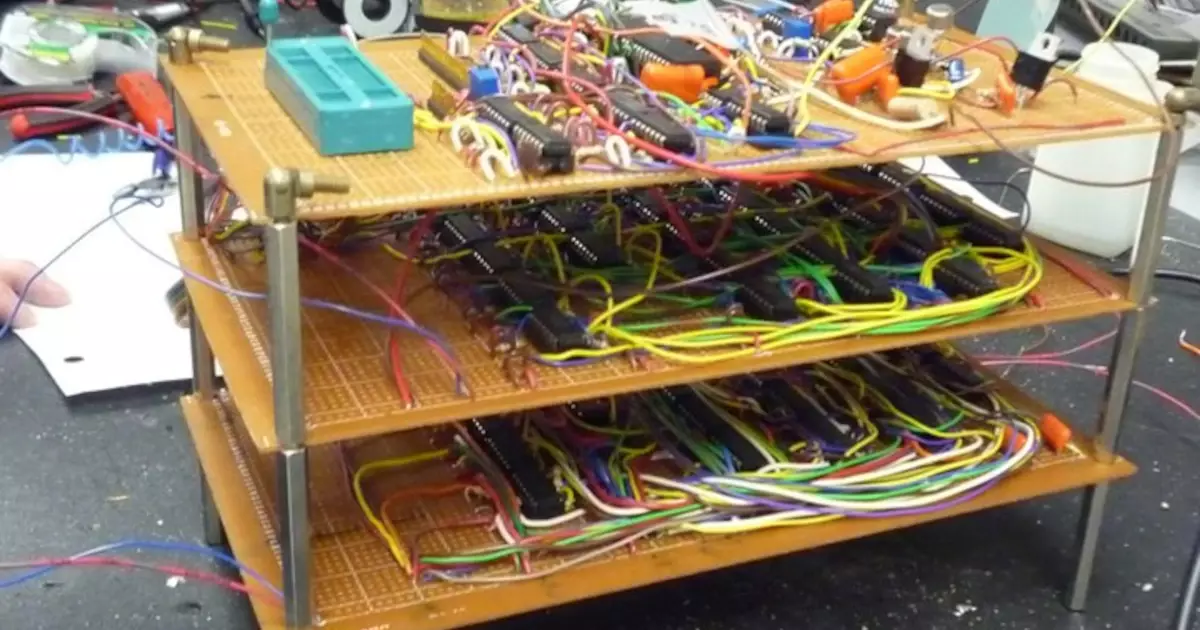
Logic Commander
Slow/soft Start devices and circuits, Shark Fin sound effects, and Belt Buckle Badge Designs.
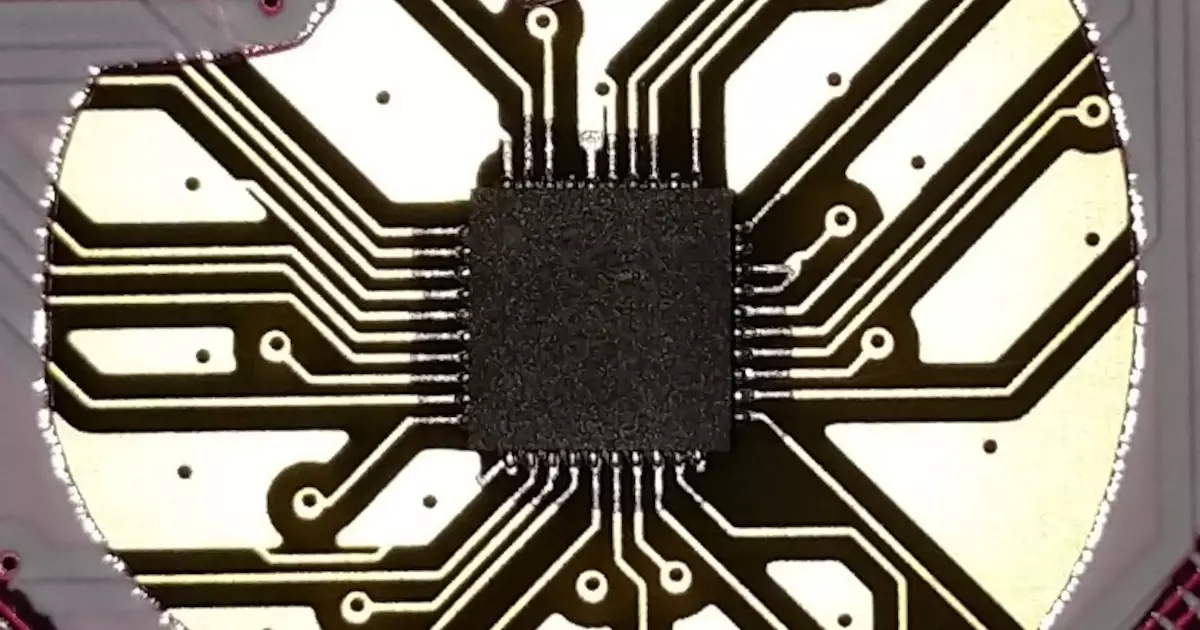
Arduino, The Gateway Drug To #BadgeLife
AND!XOR comes to Texas to talk about #Badgelife, the craziness of DEFCON, and their new badge design.
About MacroFab
MacroFab offers comprehensive manufacturing solutions, from your smallest prototyping orders to your largest production needs. Our factory network locations are strategically located across North America, ensuring that we have the flexibility to provide capacity when and where you need it most.
Experience the future of EMS manufacturing with our state-of-the-art technology platform and cutting-edge digital supply chain solutions. At MacroFab, we ensure that your electronics are produced faster, more efficiently, and with fewer logistic problems than ever before.
Take advantage of AI-enabled sourcing opportunities and employ expert teams who are connected through a user-friendly technology platform. Discover how streamlined electronics manufacturing can benefit your business by contacting us today.
